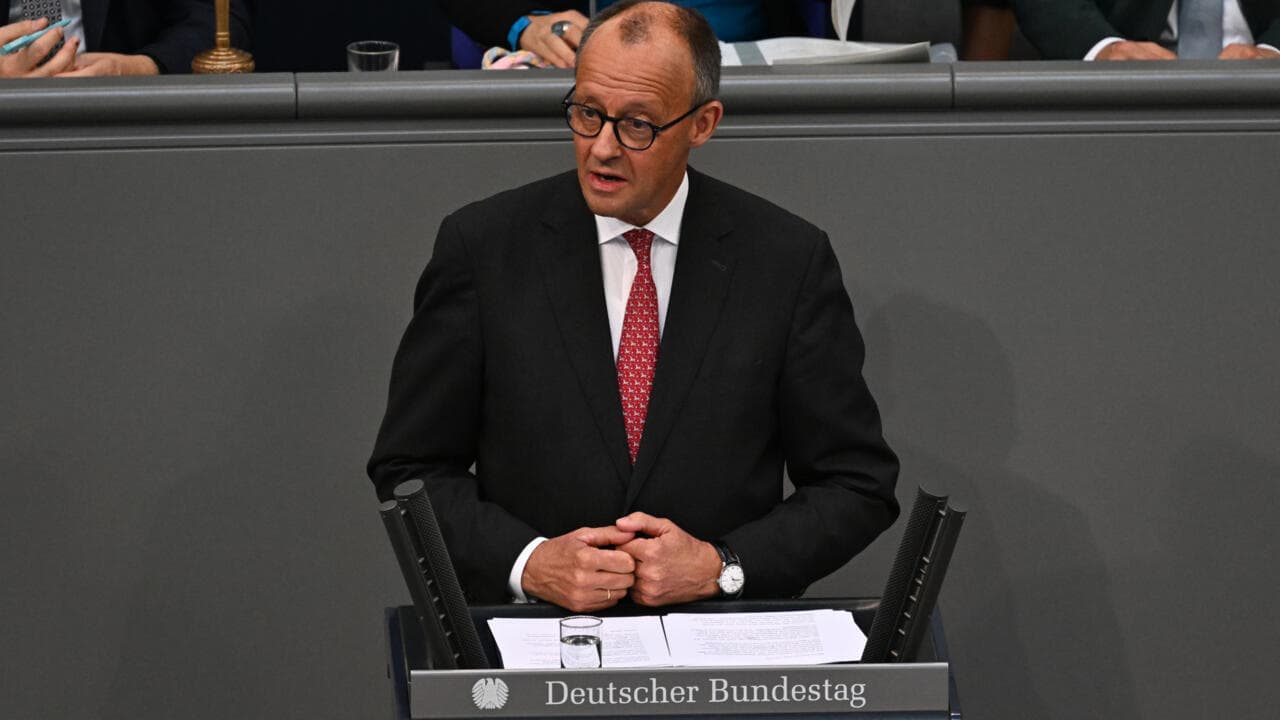Merz Pledges "Autumn of Reforms" Amidst German Economic Stagnation and European Concerns

German Chancellor Friedrich Merz has announced an "autumn of reforms" aimed at revitalizing Europe's largest economy, which is currently experiencing a period of significant stagnation. Speaking in the Bundestag, Merz emphasized the critical need for "courageous reforms" to address pressing issues such as a fair welfare state, defense capabilities, and migration policy. The initiative comes as Germany faces its third consecutive year without substantial economic growth, raising concerns across the European continent.
The Chancellor's reform agenda includes far-reaching pension reforms, a more pragmatic energy policy, and welfare changes designed to encourage more adults into the labor force. Merz also highlighted the initiation of the first major corporate taxation reform in 15 years and the appointment of a Chief Investment Officer to attract foreign investors. These measures are intended to combat a structural growth crisis and foster renewed economic dynamism.
However, the proposed reforms face skepticism and challenges, with some critics questioning their potential impact. As Joseph Sternberg wrote for The Wall Street Journal, Merz is promising reforms "to shake Europe’s largest economy out of its torpor," adding that "If he doesn’t do it, no one else will—and if Germany can’t do it, no other European country can." This sentiment underscores the high stakes involved for both Germany and the broader European Union.
The German economy has been grappling with declining productivity, high energy prices, increased regulation, and an aging population, contributing to its current "torpor." Economists note that while public investments have been significant, they may not be sufficient to overcome these deep-seated structural problems. The economic slowdown in Germany also poses risks for the EU, as its stagnation could potentially spread to other member states.
Opposition parties, such as the far-right Alternative for Germany (AfD), have voiced strong criticism of Merz's plans. AfD co-leader Alice Weidel stated that "the autumn of reforms" would "lead to a winter of still higher spending," accusing Merz of presenting "empty words." Within Merz's own coalition, some Social Democratic Party (SPD) politicians have also expressed doubts, calling the initiative an "empty political stunt" due to a lack of detailed proposals for key reforms.